DNVN - When the regional and international financial center of Ho Chi Minh City is successfully built, domestic enterprises will benefit greatly from access to more diverse capital sources. This is an opportunity for Vietnamese enterprises to "test their strength" to become larger.
According to Dr. Dinh The Hien - economic expert, Director of the Institute of Informatics and Applied Economics, recently, the Prime Minister signed a decision on the establishment of a Steering Committee on Regional and International Financial Centers in Vietnam, including Ho Chi Minh City. This is a very encouraging sign.
In fact, there are many large cities in the world that have developed into commercial centers but have not yet developed into financial centers. Specifically, the capital of Thailand, Bangkok, Kuala Lumpur of Malaysia or Jakarta of Indonesia are all large cities that are commercial centers of the country, but have not been recognized by the world as international financial centers.
Currently in Asia, there are very few recognized international financial centers, such as Hong Kong (China), Shanghai, Tokyo and Singapore can be considered as regional financial centers. This shows that financial center is not an institution, not a determination.
An international financial center is a living entity that is not available everywhere and must rely on the specific characteristics of the city. A city must converge many factors to become a financial center.
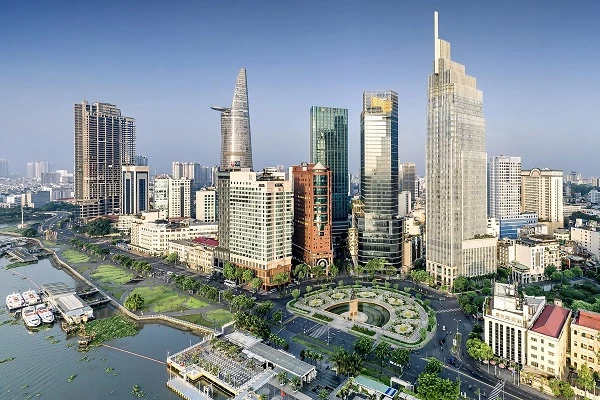
Ho Chi Minh City possesses many favorable factors to become a regional and international financial center. The Ho Chi Minh City Stock Exchange (HOSE) is the largest stock exchange in Vietnam and is undergoing significant improvements to become a reputable securities trading center, attracting international investors.
In addition, Ho Chi Minh City also has the advantage of developing a commodity exchange, with strengths in commodities such as coffee and rice, which have the world's leading export scale. At the same time, it attracts many international investment funds and capital mobilization organizations to set up headquarters here.
In terms of financial human resources, Ho Chi Minh City has long been home to many international financial organizations, attracting numerous financial experts from various countries to work there.
The remaining issue now is how to concretize the policy to implement it. It can be seen that in the period of 2025 - 2026, the international integration process in Vietnam is and will take place strongly and comprehensively. Vietnam is also restructuring its apparatus towards economic modernization and digital economic development.
In that context, the construction of financial centers in Ho Chi Minh City needs to be based on a solid foundation of governance capacity, state management, national development, economic scale and the ability to apply modern technology. These are the core and sustainable factors instead of depending on special policies or short-term incentives.
The Director of the Institute for Applied Informatics and Economics Research emphasized that when Ho Chi Minh City, a regional and international financial center, is successfully built, domestic businesses will greatly benefit from access to more diverse sources of capital. This is an opportunity to "test the capabilities" of Vietnamese businesses to grow larger.
The development of a regional and international financial center in Vietnam - with Ho Chi Minh City as the center - will bring what opportunities to domestic enterprises, especially in the finance and banking sector? For domestic enterprises, the establishment of an international financial center here will bring great benefits.
Currently, many domestic enterprises still rely mainly on banks to mobilize capital for projects and industries that need investment. In fact, small and medium enterprises have difficulty accessing capital. Besides banks, other domestic capital sources such as investment funds are still very limited.
“When the regional and international financial center of Ho Chi Minh City is successfully built, domestic enterprises will benefit greatly from access to more diverse capital sources, including equity, bonds, convertible bonds and investment funds such as mutual funds and venture capital funds. These factors will create conditions for enterprises to have more resources for development,” said Mr. Hien.
However, if the international financial center in Ho Chi Minh City is to be successfully established, the legal and regulatory system will have to be adjusted to be on par with the world's leading financial centers. At that time, there will be no distinction between domestic and international banks.
This means that if domestic banks do not improve their capacity, they will be replaced by international banks. This is the major risk that the domestic banking system has to face. Therefore, domestic banks and enterprises need to prepare well in terms of management and operation capacity as well as increase their competitiveness in the international market.
Ha Anh
Source: https://doanhnghiepvn.vn/kinh-te/chinh-sach/trung-tam-tai-chinh-quoc-te-co-hoi-thu-suc-de-doanh-nghiep-viet-lon-hon/20250209033229058






![[Photo] Explore the US Navy's USS Robert Smalls warship](/_next/image?url=https%3A%2F%2Fvphoto.vietnam.vn%2Fthumb%2F1200x675%2Fvietnam%2Fresource%2FIMAGE%2F2025%2F12%2F10%2F1765341533272_11212121-8303-jpg.webp&w=3840&q=75)

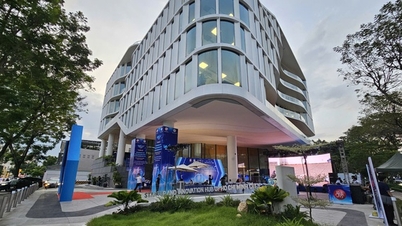

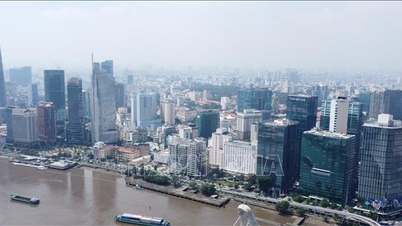

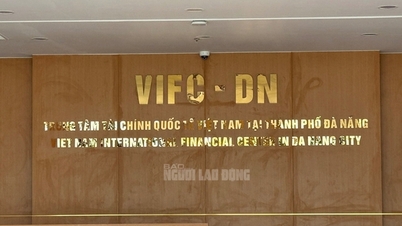


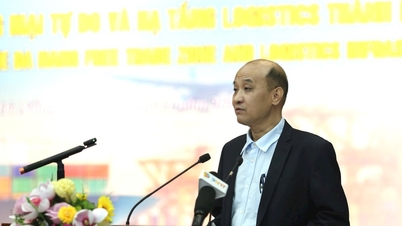

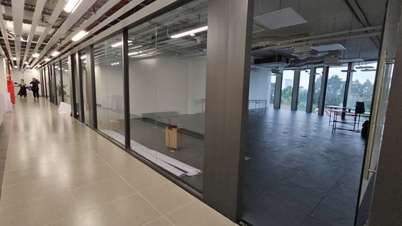
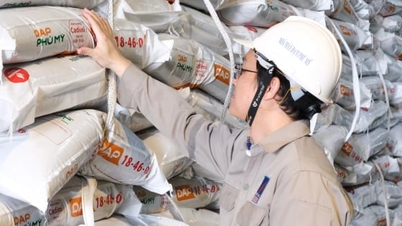


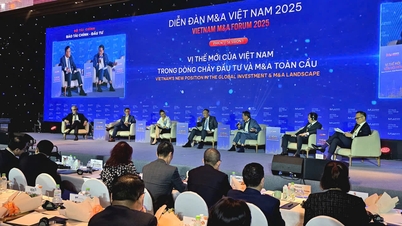









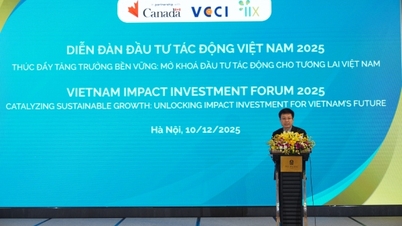


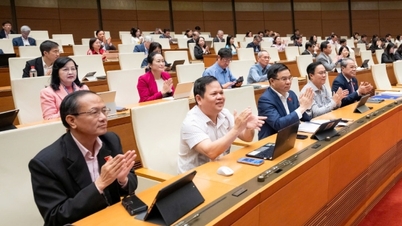
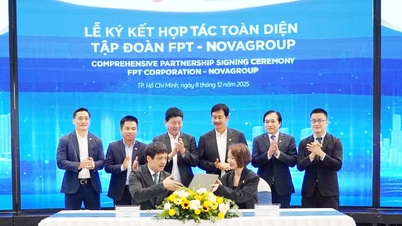
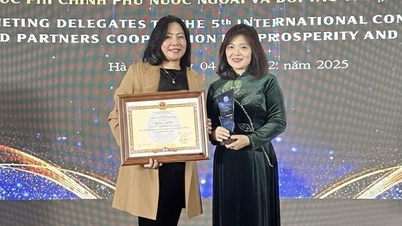





![[Video] The craft of making Dong Ho folk paintings has been inscribed by UNESCO on the List of Crafts in Need of Urgent Safeguarding.](https://vphoto.vietnam.vn/thumb/402x226/vietnam/resource/IMAGE/2025/12/10/1765350246533_tranh-dong-ho-734-jpg.webp)































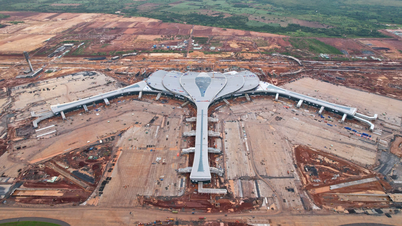





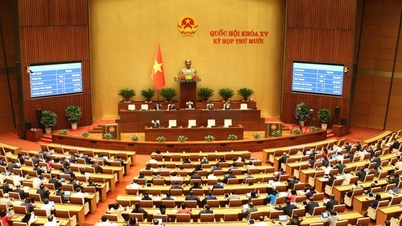

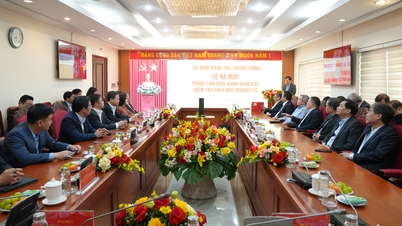


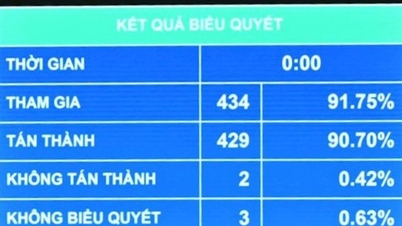




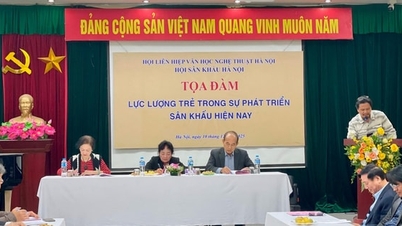

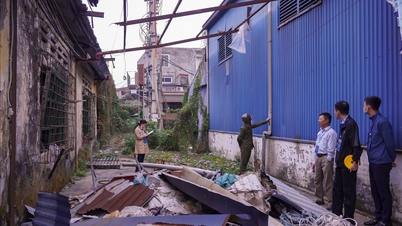

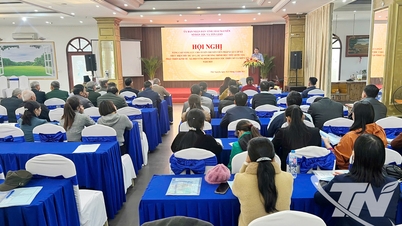
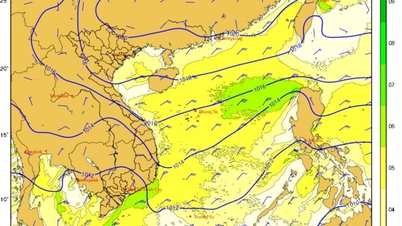


















Comment (0)